
The UK is not the only European country to adopt a cautious approach to the sensitive issue of gender identity. Switzerland has also officially called for caution.
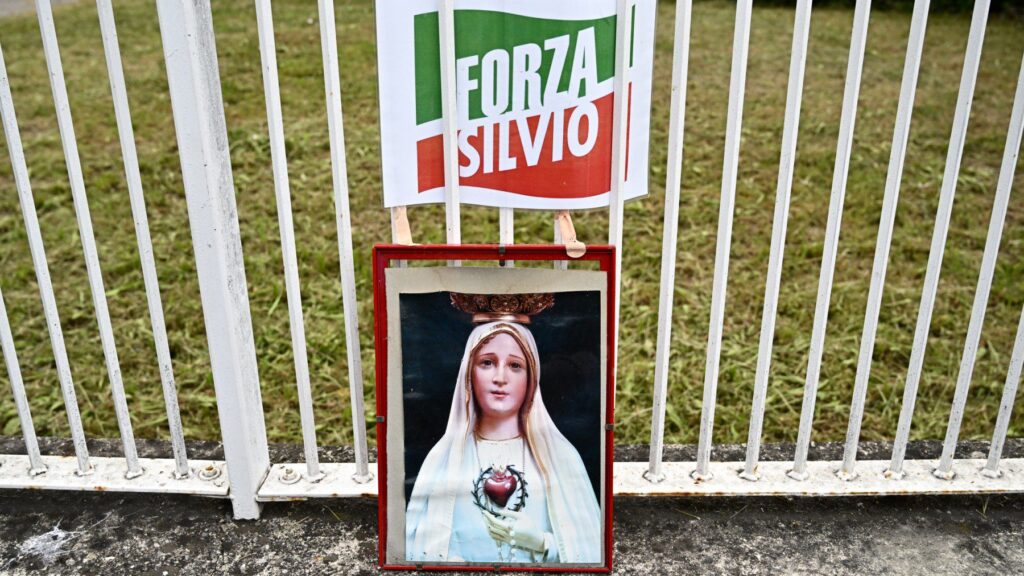
Like the cat with nine lives, the Cavaliere had a thick skin. Although he was gradually withdrawing from politics, he knew how to use his considerable influence to weigh on Italian political life as a figure of authority.
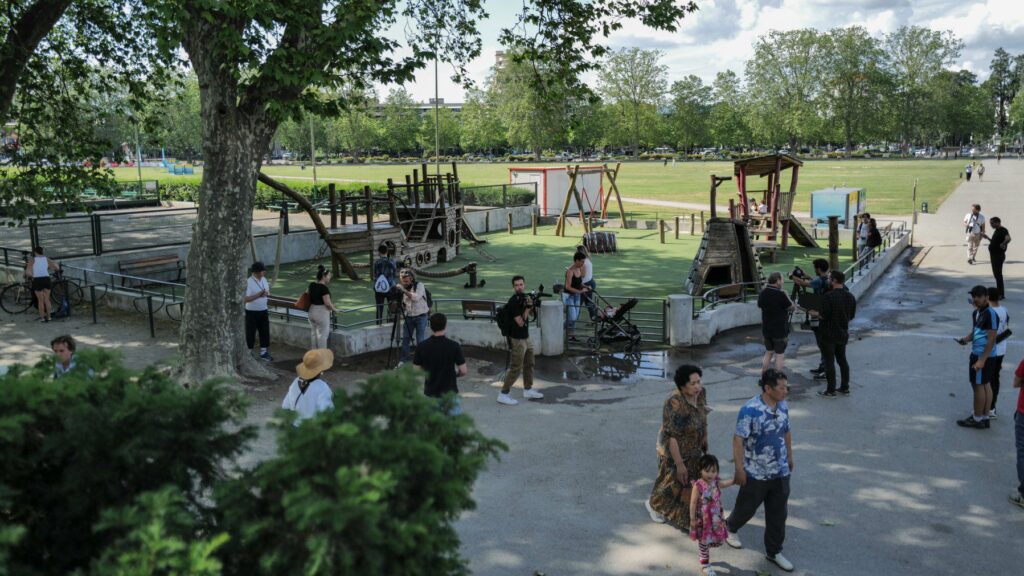
On a tour of France’s cathedrals, Henri—now nicknamed “the hero with a rucksack”—crossed the path of the Syrian murderer and tried to protect the children from his attack.
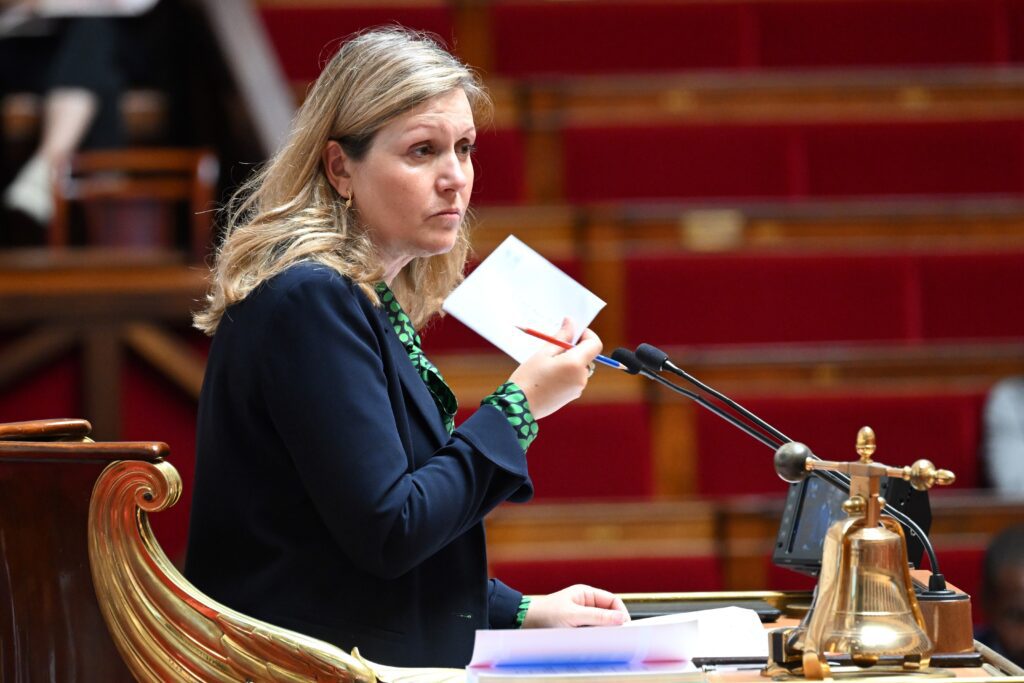
The confrontations are increasingly about the political methods of Emmanuel Macron and Élisabeth Borne’s government.
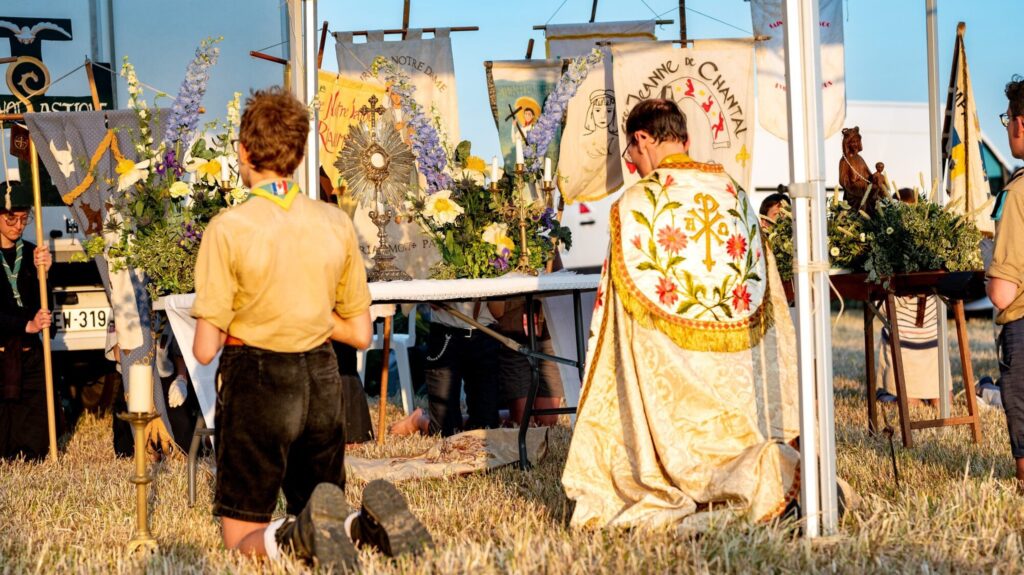
The Chartres pilgrimage raises legitimate questions that the prelates cannot shirk.
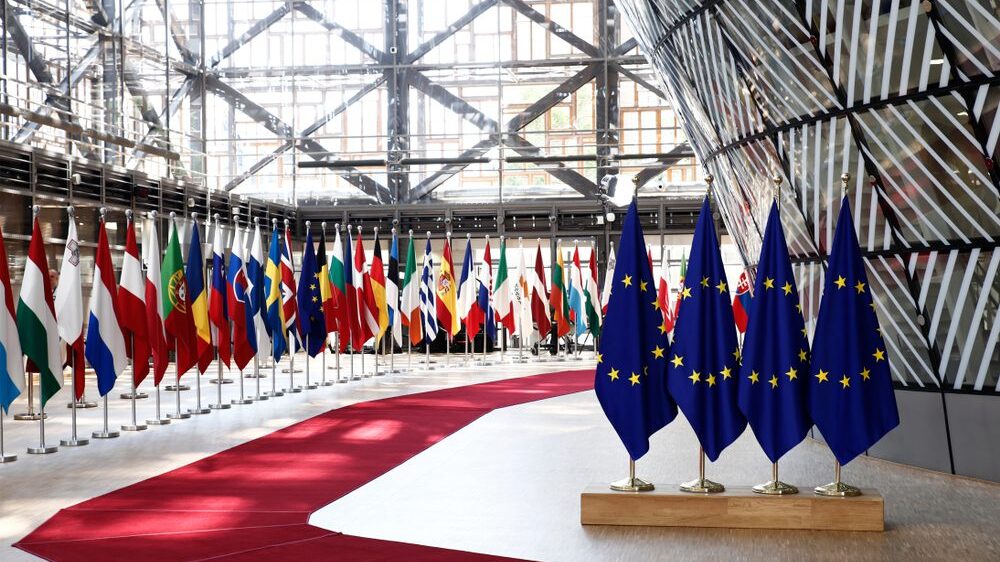
The manifestly anti-democratic nature of such a decision, and the exclusion of tens of millions of European citizens who would thus be deprived of their country’s six-month presidency, is not even raised in the Meijers Committee report.
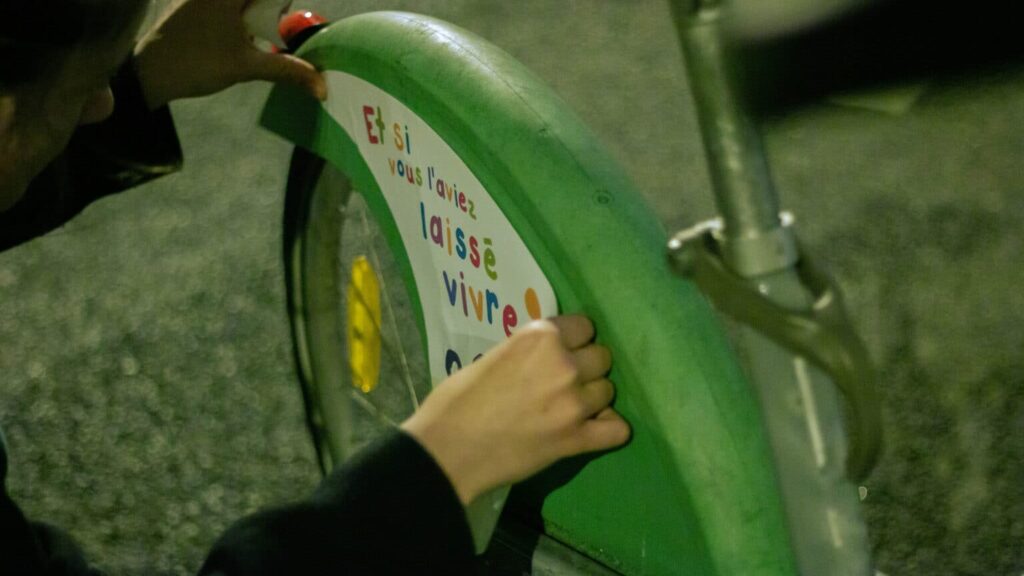
The advertising campaign was daring and illegal, but fully endorsed by the organisation that wants another voice to be heard on the matter of life defence in the public sphere.

MP Thiériot, who proposed the bill, believes that decisions to rewrite were made because of “pressure from the ‘wokist’ movement and ‘cancel culture.’”
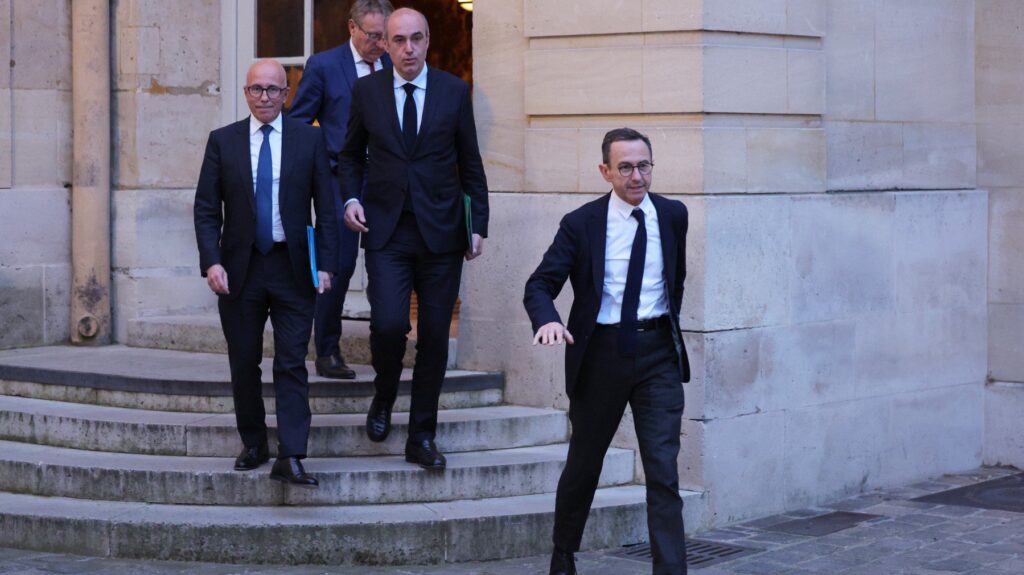
Les Républicains wants to appear to be in tune with the state of French public opinion, which demands rigour and firmness in the management of immigration.

In order to accelerate the ecological transition, Elisabeth Borne highlighted the necessary distribution of the effort between the state, individuals, and companies.
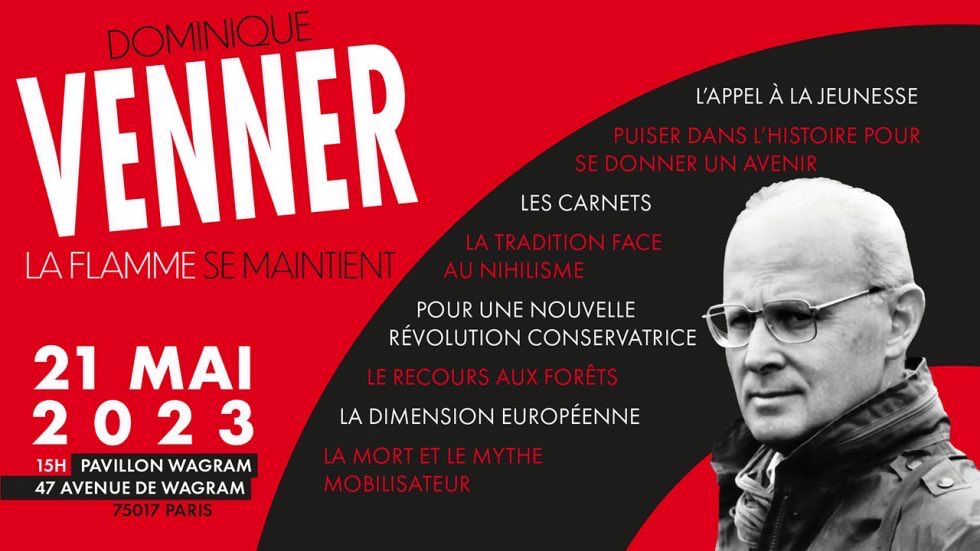
Since 1881, the idea of preventing future crimes by censoring ideas or events were supposed to have disappeared from French law—but the cancellation of the commemoration proves it is still very much alive.
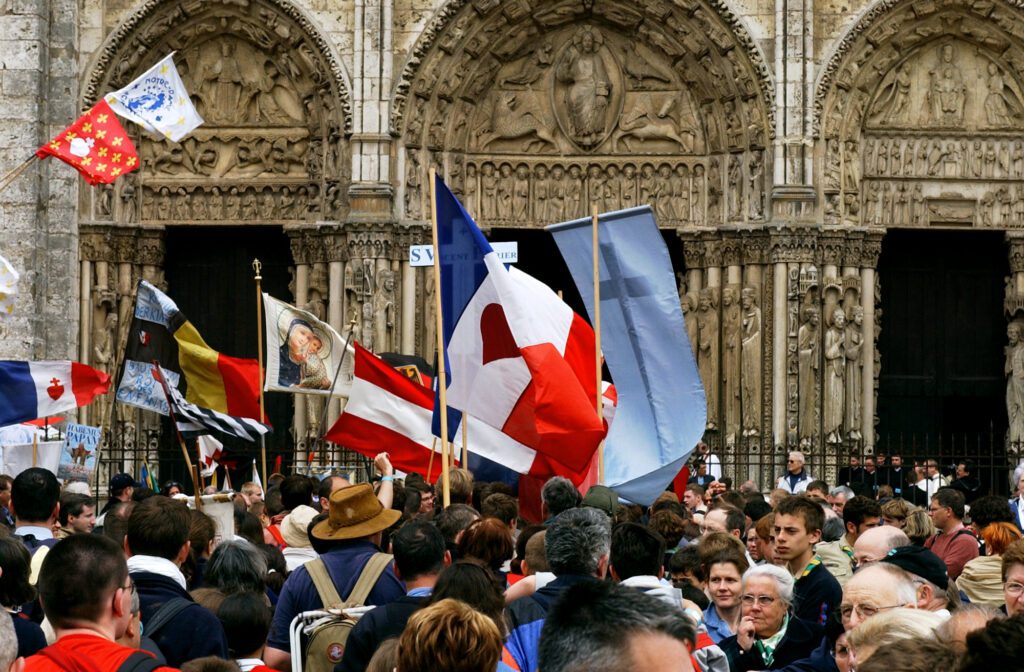
Despite the restrictions imposed on traditional liturgy by the Vatican, attendance has never been so high, forcing the organisers to close the registrations.